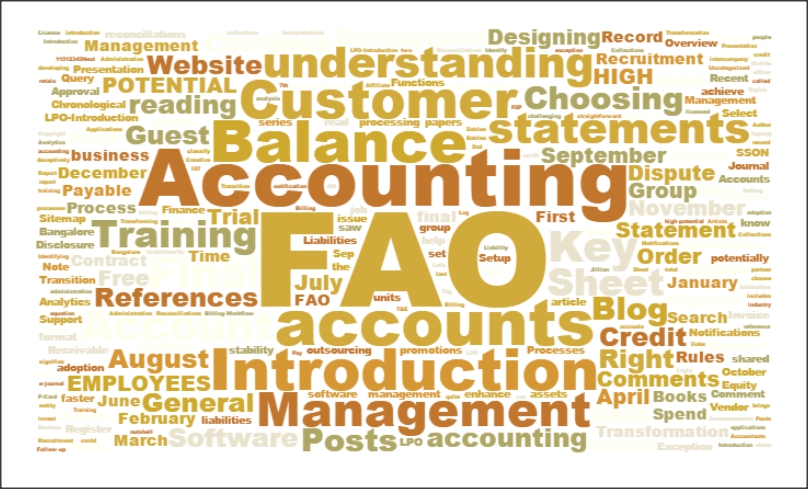Final accounts – an understanding
In the previous post, as shared in the Learning & Development group, I had talked about the various forms of statements, and their variations, based on the nature of business and the applicable laws.
https://faoblog.com/final-accounts-understanding-4/
There are some fundamental principles which apply to all entities in the perspective of financial accounting.
- Going Concern – The business entity is in business as usual mode. It indicates normal accounting. This concept states that the business is currently on-going, and will continue to be in this state for a reasonably long period of time. The enterprise will continue in operation long enough to carry out its existing objectives
- Business Entity – Business Entity Business Entity – The business is treated as an entity separate from its owners. Most of the accounting gurus treat this as the most critical concept. The owners of a business are treated as a separate entity. Ideally, the transactions booked in the business should relate to the business only. This rule considers a business as a separate legal entity separate from its owners and other businesses.
- “Monetary measurement” – Should be measurable in money. Record a transaction in accounting books only if it is measurable in terms of money. Sometimes, non-tangible stuff, like knowhow or the knowledge of a research is also recorded, but then with a basic principle – record it in money terms. Only transaction data capable of being expressed in terms of money should be included in the accounting records of the economic entity
- Cost Concept – All transactions considered at cost (the value actually transacted in). So, a transaction may actually be of a higher value, but needs to be recorded at the value it has been transacted in. This concepts restricts arbitrary values being assigned to transactions. The price, established by the exchange transaction, is the “cost”. All recording should be at the cost.
- Accrual Concept – If money has not been realized, it should be capable of being accrued as payable / receivable What is accounting supposed to provide? A true and fair view of the business for a certain period, clearly reflecting the profit or loss for that period and the net worth of the business as at the end of that period.
More to follow next week….




Trackbacks/Pingbacks